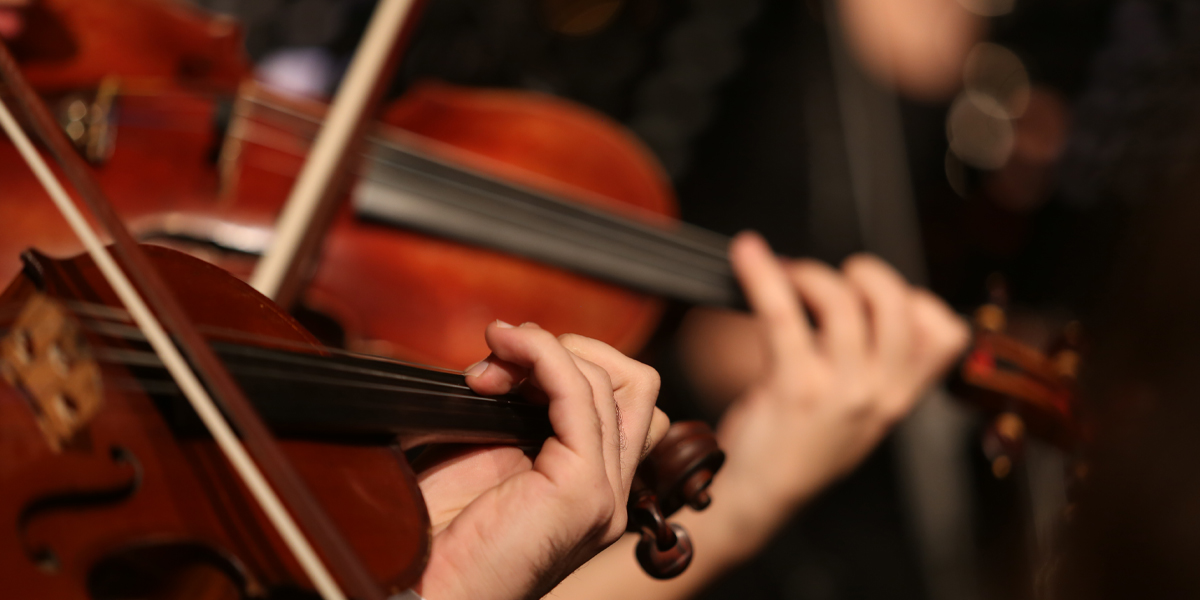The cello is a bowed string instrument from the violin family that sings with a deep, rounded voice across a wide range. It is played seated with an endpin, and it supports melody, counterpoint, and bass lines in solo and ensemble music. Good instruments blend tone, projection, and comfort so that practice and performance feel natural. Luthiers shape wood, arching, and setup to create character and response. This guide surveys design quality, typical buyers, and flagship series while comparing value at each level. Use it as a clear starting point to explore the Top 10 Cello Brands in the World with confidence and curiosity.
Yamaha
Yamaha builds reliable cellos that cover student, advancing, and professional needs with consistent setup and durable finishes. Entry lines focus on stability and easy response, which helps new players produce a steady tone and learn accurate intonation. Intermediate models add better woods, hand graduation, and richer varnish work for more color and projection in chamber groups and youth orchestras. Advanced instruments in the Artisan and Silent series broaden options for practice, recording, and amplified stages. Strong global support, parts availability, and quality control make Yamaha a safe choice for schools, teachers, and gigging players who value balance and long term service.
Eastman Strings
Eastman Strings is known for workshop instruments that deliver a warm, mature voice at friendly price points. From VL and Andreas Eastman series upward, the builds feature carved spruce and maple, careful graduations, and hand applied varnish that ages gracefully. These cellos speak quickly and project well for orchestral seating while remaining easy to shape in lessons. Eastman pairs attentive setup with good fittings, so tuning, shifting, and bow response feel predictable. Artists appreciate the value headroom, since upgrades to bridge, strings, and soundpost often unlock impressive growth without replacing the body, which makes Eastman a thoughtful long term companion.
Scott Cao
Scott Cao cellos reflect modern bench tradition inspired by classical Italian patterns. The workshop produces models based on celebrated contours, with careful arching and tasteful antiqued varnish that supports resonance. Tonal character tends toward a lyrical midrange with clear, singing highs and a grounded low register that records well. Players in conservatory programs value the musical nuance and ease of articulation under the bow. While pricing sits above entry segments, the fit, finish, and responsive setup justify the step for serious students who want an instrument that will carry through recitals, competition auditions, and early professional work with confidence.
Gliga
Gliga, crafted in Romania’s Carpathian region, offers cellos that highlight European tonewoods and patient workmanship. The Gems, Gama, and Maestro tiers provide a growth path from advancing student to pre professional use. These instruments favor a dark, velvety core with round sustain, suiting lyrical solos and supportive orchestral parts. Hand graduated plates and oil varnish create resonance that opens further with regular playing. Teachers appreciate that Gliga models accept setup tweaks well, so bridges, strings, and tailpieces can be tailored to the player without fighting the plate geometry, improving comfort and tonal focus over time.
GEWA
GEWA, a historic German maker, combines tradition with modern production to deliver consistent, musical cellos. The Maestro and Allegro lines are popular in schools and youth orchestras, while higher tiers add select tonewoods and refined European varnish work. GEWA puts emphasis on fittings, fingerboard planing, and bridge geometry so shifting feels smooth and intonation centers quickly. Tonally, the sound leans balanced and articulate with secure low end support, ideal for ensemble clarity. Broad distribution across Europe, North America, and Asia ensures service and parts are accessible, giving families and institutions confidence in maintenance and long term reliability.
Stentor
Stentor has equipped generations of beginners with affordable, rugged cellos that hold setup well in classroom life. Models like Student II and Conservatoire prioritize playability, clear intonation, and strong basic tone so early exercises become rewarding. Carved tops in the upper student ranges increase resonance and complexity as technique grows. Stentor’s factory setups arrive sensible out of the box, yet accept shop finishing without fuss, which helps teachers standardize instruments for ensembles. The brand’s availability, case and bow bundles, and predictable quality make it a practical choice for parents who value straightforward purchasing, easy resell potential, and dependable school program support.
D Z Strad
D Z Strad specializes in workshop cellos that punch above their price, popular with advancing students and adult learners. Models are hand carved, then finished and set up with attention to bridge, nut, and soundpost, which supports quick response and warm resonance. The tone often features a pleasing bloom on sustained notes, with enough projection for small halls and ensemble seating. Antiqued varnish options provide a classic look without sacrificing durability. Many buyers appreciate the upgrade path through strings and fine tuners, allowing the instrument to evolve with skill while avoiding the immediate need for a custom bench build.
Karl Hofner
Karl Hofner brings German heritage to cellos that balance clarity, stability, and classic aesthetic choices. Student and Orchestra lines focus on clean setup and sturdy construction, helpful in school and community groups. Select series instruments add better aged spruce and maple, matched plates, and more nuanced varnish for expanded color and projection. The neck profiles are generally comfortable, supporting relaxed left hand technique and reliable shifts. Retail partners often maintain good inventory and service channels, so parts and adjustments are straightforward, which makes Hofner a sensible choice for learners who want European character without boutique maintenance demands.
Cremona
Cremona, distributed by Saga, is designed for value driven players who still expect carved construction and responsive tone. The brand offers a ladder from novice to intermediate levels with sensible upgrades in wood quality and fittings at each step. Cremona cellos tend to have a focused, honest voice that cuts through section textures and supports clean articulation in scales and etudes. Factory setups are playable, and many shops complete the final voicing to suit the student’s bow arm and repertoire. Bundles with protective cases and carbon bows help families start strong without shopping across many vendors for separate parts.
NS Design
NS Design leads the electric and hybrid cello space with ergonomic instruments that travel well and handle modern stages. The solid bodies resist feedback, while the Polar pickup captures both pizzicato snap and bowed nuance. Players can route to amplifiers, modelers, or recording interfaces for creative effects and silent practice. Adjustable bout and tripod stands allow traditional posture or guitar like positions, which reduces fatigue on long sets. Classical players use NS Design as a second instrument for pit work and crossover gigs, while rock and world ensembles choose it for consistent tone under lights and variable acoustics.

